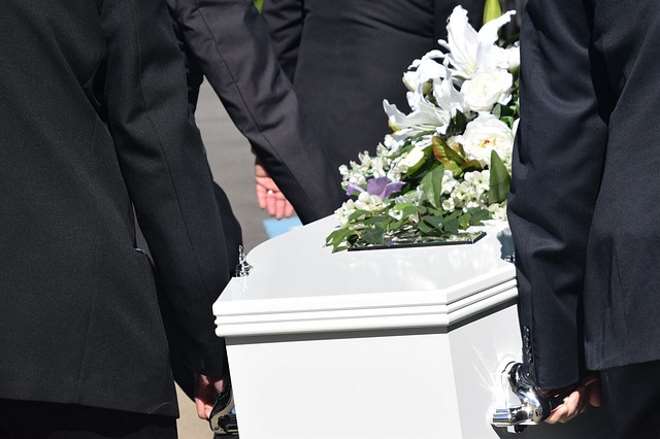Understanding Cremation Services: Pricing and Options
Cremation has become an increasingly common choice for end-of-life arrangements, offering families flexibility and often more affordable alternatives to traditional burial. However, navigating the various service options, understanding what's included in different packages, and comparing costs across providers can feel overwhelming during an already difficult time.

When facing the loss of a loved one, families often find themselves navigating unfamiliar territory regarding funeral arrangements. Cremation services have gained significant acceptance in Singapore due to practical considerations, cultural shifts, and economic factors. The process involves the dignified reduction of human remains through high-temperature burning, typically conducted in specialized facilities equipped with modern cremation equipment.
Cremation Pricing Comparison Across Provider Types
The cost of cremation services in Singapore varies significantly depending on the type of provider and level of service selected. Government facilities, private funeral homes, and religious organizations each offer different pricing structures and service levels. Government crematoriums typically provide the most economical options, while private providers offer more personalized services at higher price points. Religious organizations often cater to specific communities with culturally appropriate ceremonies and rituals.
Direct cremation, which involves minimal ceremony and basic services, represents the most affordable option. Full-service cremation with viewing, ceremony, and additional amenities commands premium pricing. The choice between these options often depends on family preferences, cultural requirements, and budget considerations.
How to Find Local Cremation Pricing Information
Researching cremation costs requires contacting multiple providers to compare services and pricing. Most crematoriums and funeral homes provide detailed price lists upon request, though some information may be available online. Government facilities typically publish standardized rates, making comparison straightforward. Private providers often customize packages based on specific needs, requiring direct consultation for accurate pricing.
Families should inquire about all potential costs, including cremation fees, urn selection, documentation, transportation, and any additional services. Some providers offer package deals that bundle services at reduced rates, while others charge separately for each component. Understanding the full scope of expenses helps families budget appropriately and avoid unexpected costs.
What Do Basic Cremation Packages Include?
Basic cremation packages typically encompass essential services required for the cremation process. These generally include collection of the deceased, basic preparation, use of cremation facilities, and return of cremated remains to the family. Documentation services, such as obtaining necessary permits and certificates, are usually included in standard packages.
Most basic packages provide a simple container for the cremation process, though families can upgrade to more elaborate caskets or containers. The package may include a basic urn for the cremated remains, with options to purchase premium urns separately. Some providers include short-term storage of remains while families make final arrangements for disposition or memorialization.
| Service Provider | Package Type | Cost Estimation (SGD) |
|---|---|---|
| Government Crematorium | Basic Direct Cremation | $800 - $1,200 |
| Private Funeral Home | Standard Package | $2,500 - $4,500 |
| Religious Organization | Community Service | $1,500 - $3,000 |
| Private Funeral Home | Premium Full Service | $5,000 - $8,000 |
| Government Crematorium | Standard Service | $1,200 - $2,000 |
Prices, rates, or cost estimates mentioned in this article are based on the latest available information but may change over time. Independent research is advised before making financial decisions.
Additional services that may be available include memorial ceremonies, viewing arrangements, floral tributes, and specialized urns or keepsakes. Some providers offer grief counseling services or assistance with obituary preparation. Transportation services for family members and coordination with religious leaders or celebrants may also be included in comprehensive packages.
The cremation process itself typically takes several hours, with remains available for collection within a few days. Families can choose to witness the cremation process, though this service may incur additional fees. Some facilities provide comfortable viewing areas or ceremony rooms for family gatherings before or after the cremation.
Understanding the various aspects of cremation services helps families make decisions that align with their values, traditions, and financial circumstances. While cost is often a significant consideration, the quality of service, facility standards, and staff professionalism should also factor into the decision-making process. Many providers offer payment plans or financing options to help families manage expenses during difficult times.




